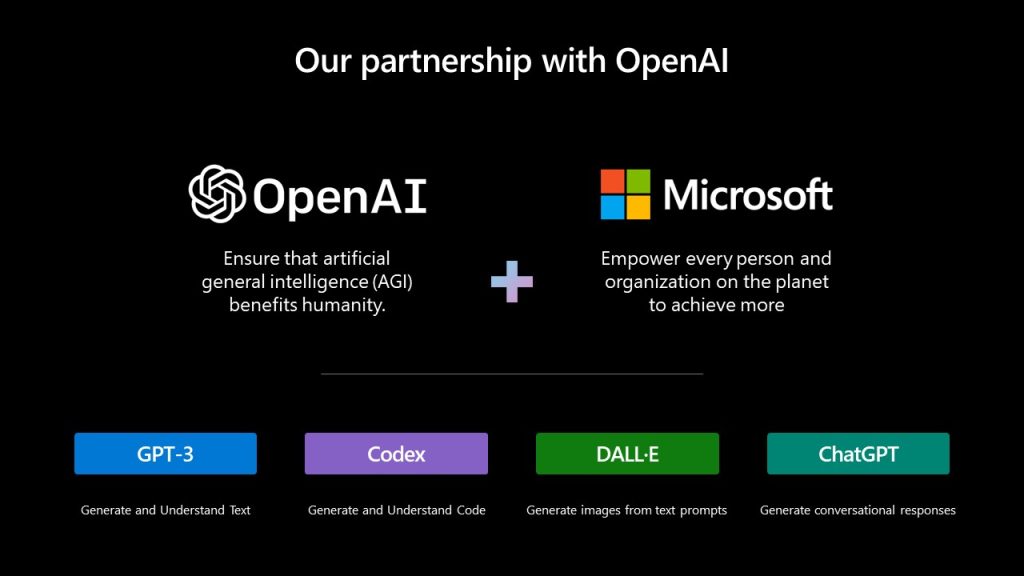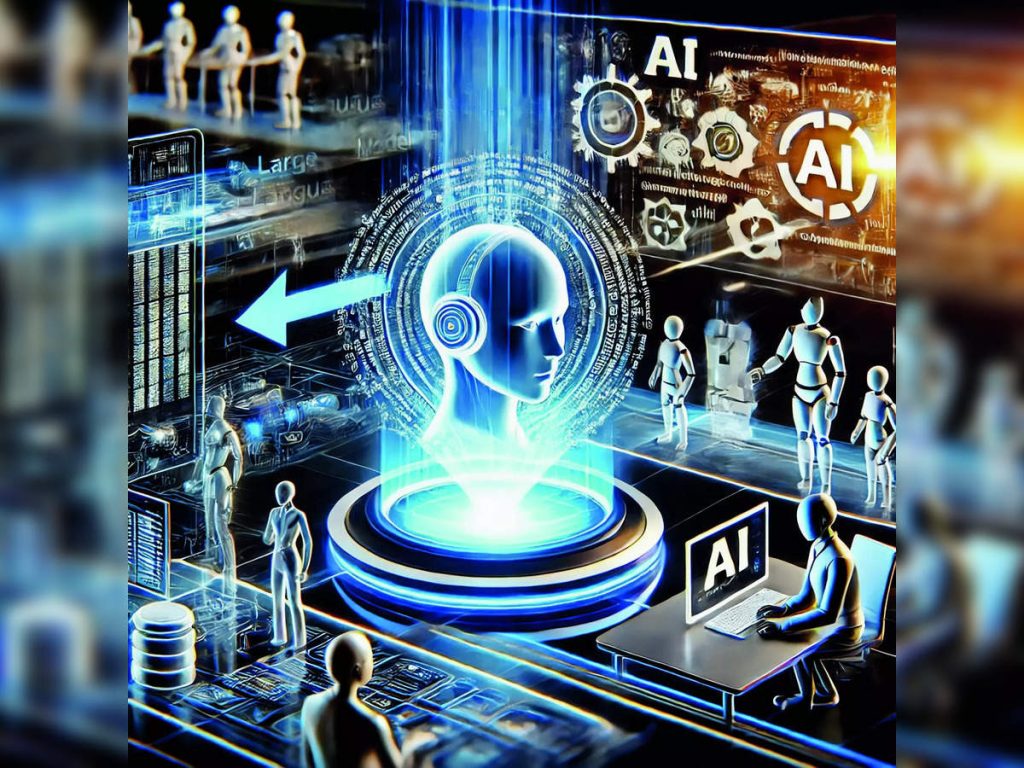Microsoft Takes Aim at OpenAI with New AI Strategy
In the fast-paced world of artificial intelligence, alliances are being reshaped and new strategies are unfolding. MS, a longtime collaborator with AI leader OpenAI, has made a significant shift in its approach. Consequently, the company is now developing its own powerful AI models and exploring new partnerships.
A Brief History of Microsoft and OpenAI
Microsoft and OpenAI have collaborated closely for years. Specifically, Microsoft has significantly invested in OpenAI’s vision to build advanced AI models. Their partnership led to innovative products like the Copilot AI assistant in Microsoft 365.

Evolving Dynamics
However, with AI technology advancing rapidly, companies seek more control over their AI futures. As a result, Microsoft is shifting away from solely relying on OpenAI’s technology. Moreover, this shift allows MS to explore new avenues in AI development.
MS’s New AI Strategy
Under Mustafa Suleyman’s leadership, MS is accelerating its in-house AI development. Significantly, Suleyman, a former co-founder of DeepMind, joined Microsoft in 2024 and brings extensive AI expertise.
Developing MAI Models
Microsoft developed MAI models, which have performed well in tests. Consequently, these models could replace OpenAI’s technology in Microsoft’s Copilot AI assistants.
Notably, the MAI models are designed to be highly competitive, performing similarly to OpenAI’s models on key benchmarks. This development aligns with Microsoft’s goal to reduce dependence on OpenAI and enhance its AI capabilities.
Diversifying Partnerships
Furthermore, Microsoft is exploring partnerships with other AI companies like xAI, Meta, and DeepSeek. This strategy aims to reduce reliance on OpenAI and maintain a competitive edge in AI.

Impact on Microsoft’s Products
MS plans to integrate both internal and third-party AI models into its products. Consequently, this approach will enhance flexibility and reduce costs.
Enhancing Flexibility
By combining Microsoft’s MAI models with other companies’ models, Microsoft 365 Copilot can offer more robust AI capabilities. Additionally, this integration will provide users with a more diverse range of AI functionalities.
Leadership Under Mustafa Suleyman
Mustafa Suleyman’s leadership has been crucial in shaping Microsoft’s new AI direction. His vision emphasizes developing advanced AI while maintaining a collaborative ecosystem. As a result, Microsoft can leverage both internal innovations and external partnerships effectively.
Vision for the Future
This approach allows MS to stay adaptable in the rapidly evolving AI landscape. Furthermore, it positions Microsoft to be at the forefront of AI technology development.
A New Era of Competition
As MS and OpenAI potentially become more direct competitors, consumers and businesses stand to benefit from more innovative AI solutions. Consequently, this competition could accelerate breakthroughs in AI technology.
Microsoft’s shift in AI strategy marks a significant development in its AI capabilities. By focusing on in-house models and diverse partnerships, Microsoft is well-positioned to enhance its AI offerings and maintain a strong presence in the AI space.
Looking ahead, Microsoft’s commitment to advancing AI technology will likely drive further innovation in the industry. As such, the tech world can expect more exciting developments in the near future.

Stay updated on Microsoft’s AI strategy and its impact on the tech world. Follow our Tech page for more insights on AI advancements.

